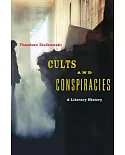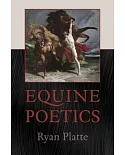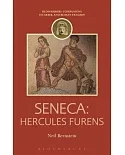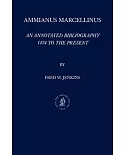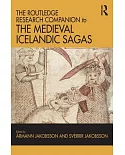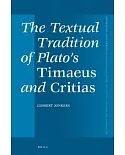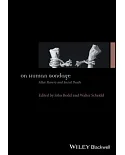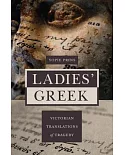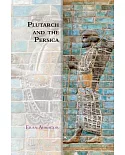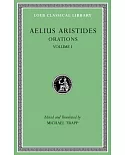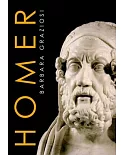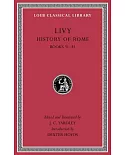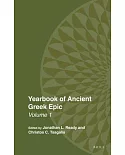This fascinating cultural and intellectual history focuses on education as practiced by the imperial age Romans, looking at what they considered the value of education and its effect on
children. W. Martin Bloomer details the processes, exercises, claims, and contexts of liberal education from the late first century BCE to the third century CE--the epoch of rhetorical
education. He examines the adaptation of Greek institutions, methods, and texts by the Romans, and traces the Romans' own history of education. Bloomer argues that while Rome's enduring
educational legacy includes the seven liberal arts and a canon of school texts, its practice of competitive displays of reading, writing, and reciting were intended to instill in the young
social as well as intellectual ideas.



